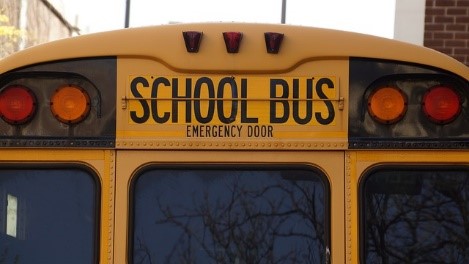
Living and working in the modern world requires continually making difficult decisions about how to trade off hard work in the present for rewards in the future. Adolescents and young adults in particular face important schooling and career path choices that come with a lifetime of consequences. Given the high stakes of these decisions, policymakers should consider enacting policies that encourage more future-oriented behavior, such as completing high school or college. In fact, a growing set of research finds that even policies that constrain individual choices can improve lifetime happiness for a number of individuals who struggle with self-control.
At first glance, this line of research seems to contradict standard textbook economics, which assumes individuals are rational, knowing best how to use their resources to make themselves happy. In this view, a student who drops out of school does so because he is willing to give up a future pay increase to enjoy less schoolwork and more disposable income today. In other words, the student drops out because he wants to, and a government policy to change his behavior would force him into a choice that makes him worse off.
More recent theoretical work, however, recognizes that individuals may struggle with self-control problems when they make decisions. These individuals can make “mistakes,” by systematically investing less for the future than they would like to. Two recent studies provide empirical support for the hypothesis that, for many individuals, the decision to drop out of school before finishing a degree is a mistake rather than a well-considered personal choice.
In his study of compulsory schooling laws in the US, UK, and Canada, Philip Oreopoulos found that cohorts of students who were required to remain in secondary school longer ended up with higher levels of completed education and with higher earnings. This result was not especially surprising (schooling is known to affect productivity and therefore earnings), but Oreopoulos also found that these cohorts reported being happier, on average. The simplest explanation for this finding is that many dropouts in the cohorts who could leave school at a younger age made a mistake and would have been better off sticking it out until graduation.
Benjamin Keys and I provide direct evidence that impatient people have trouble following through with their educational goals. We compare patient and impatient individuals (with patience identified by an interviewer’s rating of their behavior) to see how their schooling choices differ. Among those who initially say that they want to finish high school as teens, the impatient are much more likely to have dropped out a few years later. In addition, among those who enroll in college, the impatient are much more likely to drop out. In fact, they are especially likely to drop out after completing three years of college, which suggests that they drop out despite having the ability to complete the coursework.
Taken together, this research provides policymakers with an additional motivation for encouraging or even requiring students to finish the education that they start. Policies like higher mandatory schooling ages or immediate financial incentives for completing a college degree on time (e.g. reduced tuition in a student’s final semester) will not only lead to a better educated and more productive workforce, they are likely also to increase overall happiness.
© Brian C. Cadena
Related article:
The labor market consequences of impatience, by Brian C. Cadena
Please note:
We recognize that IZA World of Labor articles may prompt discussion and possibly controversy. Opinion pieces, such as the one above, capture ideas and debates concisely, and anchor them with real-world examples. Opinions stated here do not necessarily reflect those of the IZA.